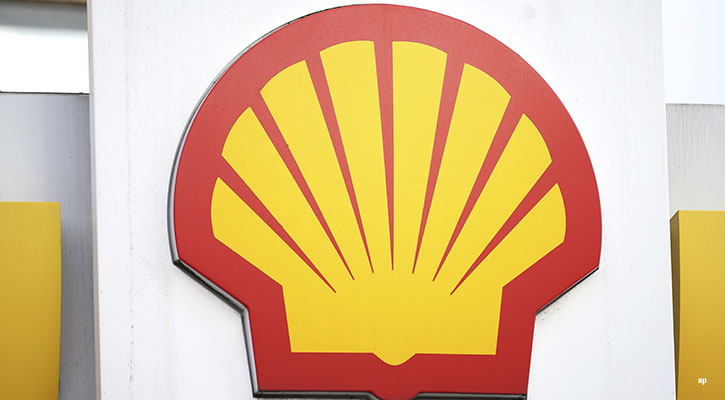The London Stock Exchange had one of those occasional bouts of madness that beset all markets from time to time. That’s great. It presents private investors with a great opportunity.
The latest batch of positive economic data shows a sharp drop in inflation, down from 2.7% to 2.2%, and unemployment edging down from 7.7% to 7.6%. The Bank of England responded by upgrading its growth forecast for the UK for this year and next and hinting that unemployment would probably fall to 7% in 2015, perhaps even by the end of next year, rather than early 2016.
All very positive, and for good measure Bank Governor Mark Carney said that Britain’s recovery had ‘finally taken hold’.
The FTSE 100 promptly dropped by more than 100 points on fears that the long delayed rise in interest rates from the Bank’s artificially low 0.5% would come sooner rather than later. It was a great time to buy, though the full opportunity lasted less than a day.
So which would you rather have? A stagnant economy with stagnant earnings, stagnant profits, stagnant dividends and a ballooning government debt or the fastest growing developed economy in the world with rising earnings, rising profits, rising dividends and a budget deficit coming under control?
I’ll settle for the latter, higher interest rates notwithstanding. In any case, any increase in interest rates will be gradual and even the Bank of England recognises that borrowing rates in the real world are divorced from base rate anyway.
The Bank now expects GDP growth of 1.6% this year and 2.8% next. This method of calculation significantly plays down the real progress made this year, the year that ended a five-year recession. Its calculation averages out the annualised growth, so that the faster growth in the later stages of the year count are partly offset by slower growth in the first quarter.
Growth of 1.6% for the full year implies a gain of a full 1% in the final quarter. I much prefer to add the four quarters together and say that, after quarterly growth of 0.4%, 0.7%, 0.8% and finally 1% the economy at year end will be nearly 3% larger than it was at the end of 2012. Much simpler and more meaningful.
Once again the maxim that you should buy on the dips proved prescient. The fact that gold dipped below £800 an ounce again this week was a timely reminder of the value of equities.
I took the opportunity to use up the last of my ISA entitlement for the current financial year by taking a modest take in ![]() HSBC (HSBA) after a price dip. I had no bank in my portfolio and feel that although major obstacles remain for the financial sector it was time to look to the future when banks regain their place in polite society.
HSBC (HSBA) after a price dip. I had no bank in my portfolio and feel that although major obstacles remain for the financial sector it was time to look to the future when banks regain their place in polite society.
Ditch Vodafone if you Need Cash
As one of the largest holdings in my portfolio, ![]() Vodafone (VOD) continues to bother me. If you also hold shares in the telecoms group you should continue to monitor the situation and be prepared to sell if push comes to shove.
Vodafone (VOD) continues to bother me. If you also hold shares in the telecoms group you should continue to monitor the situation and be prepared to sell if push comes to shove.
For the time being I am holding on and would suggest that others do likewise but if you happen to need cash, this is the one to ditch.
The latest figures, for the half year to September, show how dependent Vodafone has become on its US joint venture, Verizon Wireless, which will be sold to the majority stakeholder next year. Pre-tax profits were £5.1 billion, but strip out Verizon and that drops to only £1.5 billion. Revenue from the core mobile businesses fell, with Southern Europe down an alarming 15%.
Vodafone has pulled forward its £6 billion investment in upgrading its European operations, including the UK, to be spent in two years rather than three with an extra £1 billion on top of existing plans. That will come out of the proceeds of the Verizon sale rather than the pockets of shareholders but with ‘very tough’ trading conditions in Europe, to use Vodafone’s own description, the company is heavily dependent on recovery across the continent starting soon. That is a tall order.
I would never buy on bid speculation but the possibility of an offer for Vodafone coming from AT&T, which is looking for a way into the UK and Europe, is an argument in favour of holding on. So too is the prospect of a yield of around 5% for the next year or two on top of the payout from the Verizon sale.
Watch this space.
Rodney Hobson is a long-term investor commenting on his own portfolio; his comments are for informational purposes only and should not be construed as investment advice.




























